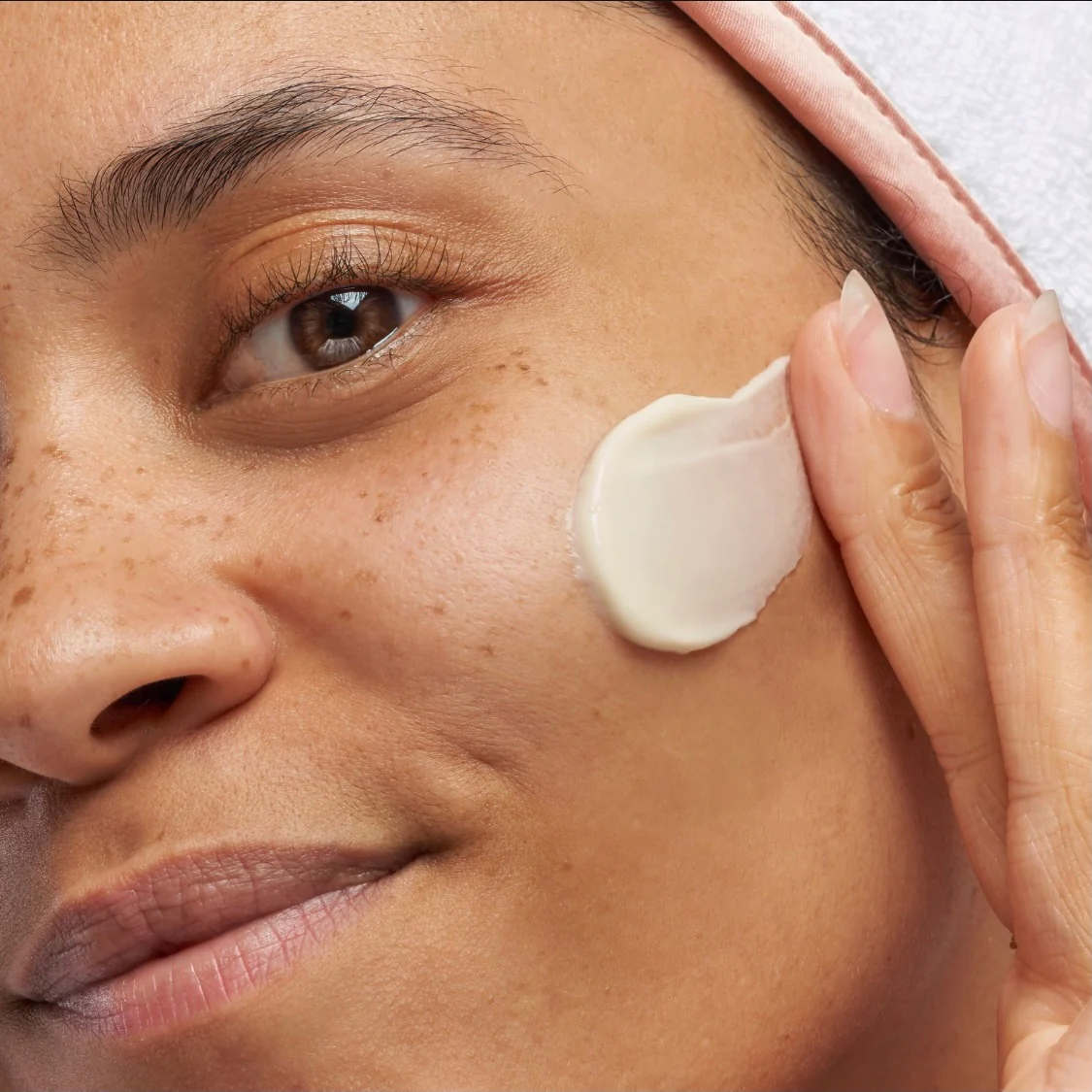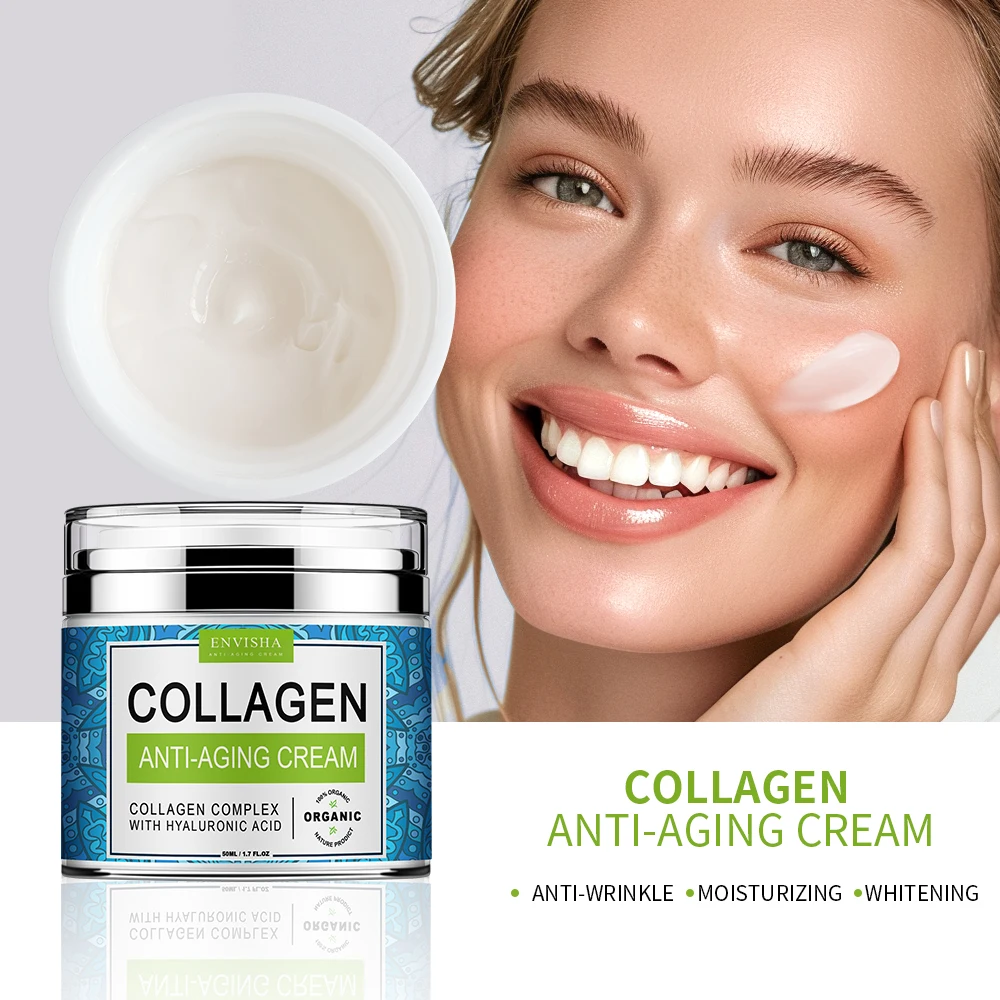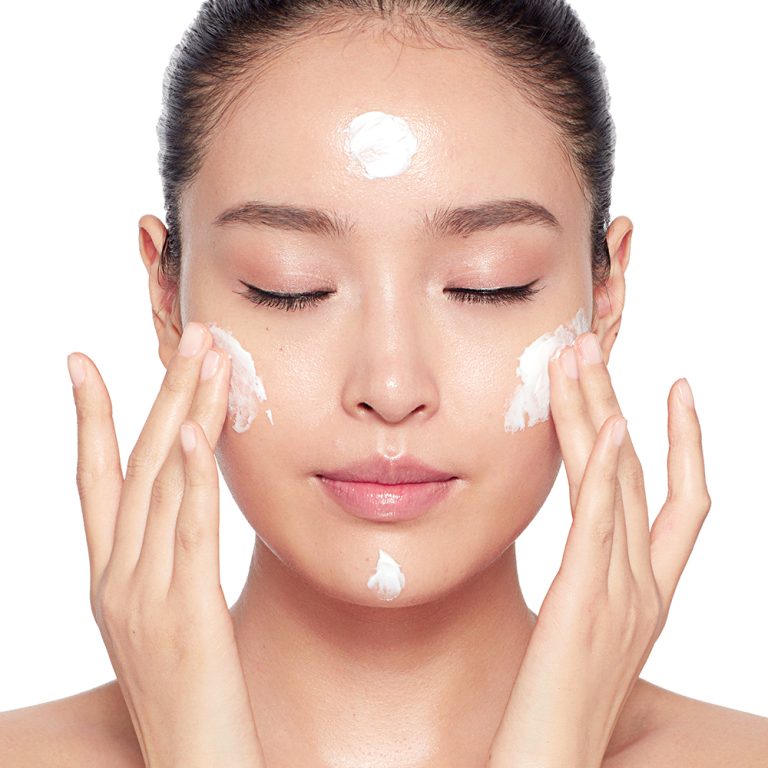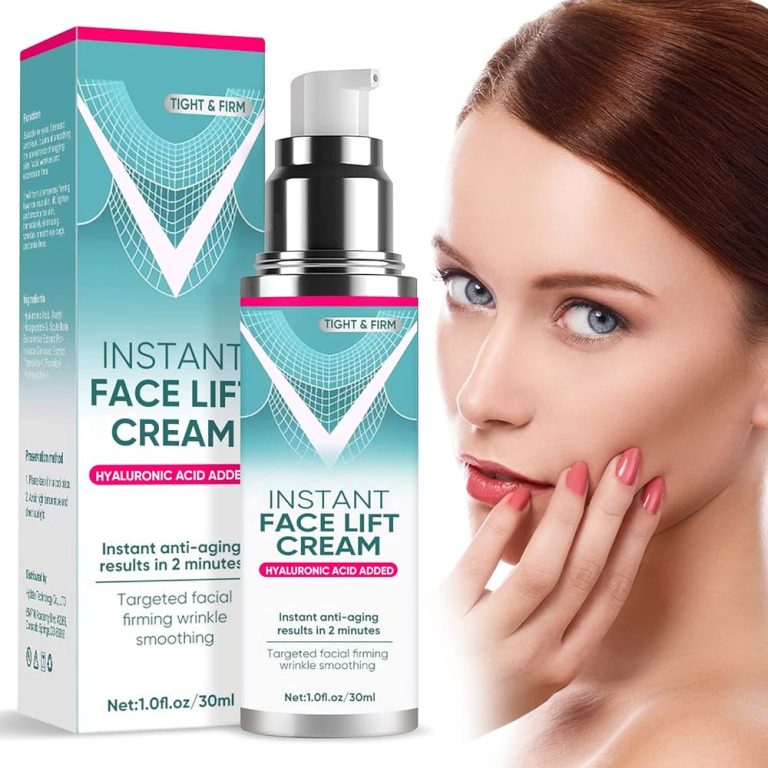
Face Creams with Hyaluronic Acid: The Hydration Revolution
Understanding Hyaluronic Acid: Nature’s Moisture Magnet
Hyaluronic acid has emerged as a powerhouse ingredient in the skincare world, particularly in face creams. This naturally occurring substance in the human body acts as a moisture magnet, capable of holding up to 1000 times its weight in water. As people age, the natural production of hyaluronic acid decreases, leading to drier, less supple skin. Face creams infused with hyaluronic acid aim to replenish this vital component, offering intense hydration and numerous skin benefits. The molecule’s unique ability to attract and retain moisture makes it an ideal ingredient for all skin types, from dry and sensitive to oily and combination.
Moreover, hyaluronic acid doesn’t just hydrate the skin’s surface; it penetrates deeper layers, providing long-lasting moisture. This deep hydration plumps up the skin, reducing the appearance of fine lines and wrinkles. Additionally, hyaluronic acid helps create a protective barrier on the skin, shielding it from environmental stressors and pollutants. Its gentle nature means it rarely causes irritation, making it suitable for even the most sensitive skin types. As a result, face creams containing hyaluronic acid have become increasingly popular among skincare enthusiasts and dermatologists alike, revolutionizing the approach to skin hydration and anti-aging care.

The Science Behind Hyaluronic Acid in Face Creams
The effectiveness of hyaluronic acid in face creams lies in its molecular structure and behavior. Hyaluronic acid belongs to a group of substances called glycosaminoglycans, which are crucial for maintaining skin structure and function. When applied topically in face creams, hyaluronic acid forms a thin, transparent film on the skin’s surface. This film is permeable, allowing for the exchange of vital nutrients while preventing excessive water loss. The molecule’s hygroscopic nature means it continuously attracts moisture from the environment, keeping the skin hydrated throughout the day. Furthermore, hyaluronic acid comes in different molecular weights, each serving a specific purpose in skincare.
Low molecular weight hyaluronic acid can penetrate deeper into the skin, providing hydration at cellular levels and stimulating collagen production. High molecular weight hyaluronic acid, on the other hand, stays on the skin’s surface, offering immediate hydration and a plumping effect. Many face creams combine both types for comprehensive skincare benefits. The science also shows that hyaluronic acid supports the skin’s natural barrier function, crucial for protecting against environmental aggressors and maintaining overall skin health. Its ability to retain moisture creates an optimal environment for skin cell renewal and repair processes. Understanding this science helps consumers appreciate the multi-faceted benefits of hyaluronic acid in face creams and choose products that best suit their skincare needs.
Benefits of Face Creams with Hyaluronic Acid
Face creams containing hyaluronic acid offer a myriad of benefits for the skin. Primarily, these creams provide intense hydration, addressing dryness and dehydration effectively. The boost in moisture levels leads to plumper, more supple skin, reducing the appearance of fine lines and wrinkles. This plumping effect gives the skin a more youthful, radiant appearance. Additionally, well-hydrated skin appears smoother and more even-toned, enhancing overall complexion. Hyaluronic acid’s ability to attract and retain moisture also helps balance oil production, making these creams beneficial for oily and acne-prone skin types.
The ingredient’s gentle nature means it rarely causes irritation, making it suitable for sensitive skin and those with conditions like rosacea or eczema. Furthermore, hyaluronic acid aids in strengthening the skin’s natural barrier, protecting against environmental stressors and reducing the risk of inflammation. This improved barrier function can lead to fewer breakouts and less skin sensitivity over time. The hydrating properties of these creams also create an ideal canvas for makeup application, allowing for smoother, more even coverage. Regular use of face creams with hyaluronic acid can lead to long-term improvements in skin texture, firmness, and overall health. Many users report a noticeable difference in their skin’s appearance and feel within weeks of incorporating these creams into their skincare routine.

Choosing the Right Hyaluronic Acid Face Cream
Selecting the ideal face cream with hyaluronic acid requires consideration of several factors. First, assess your skin type and specific concerns. For dry skin, look for creams with a richer texture and additional moisturizing ingredients. Oily or acne-prone skin types should opt for lightweight, non-comedogenic formulations. Consider the concentration of hyaluronic acid in the product; higher concentrations generally offer more potent hydration. However, more isn’t always better, as the optimal concentration depends on individual skin needs. Pay attention to the other ingredients in the formula. Creams that combine hyaluronic acid with antioxidants like vitamin C or E can provide added benefits such as protection against free radicals.
For anti-aging concerns, look for creams that also include peptides or retinol. The molecular weight of the hyaluronic acid is another important factor. Products containing a mix of high and low molecular weight hyaluronic acid offer both immediate and long-term hydration benefits. Consider the texture of the cream and how it feels on your skin. Some prefer a light, fast-absorbing formula, while others may need a thicker, more emollient cream. It’s also wise to check for potential allergens or irritants, especially if you have sensitive skin. Lastly, factor in your budget and the product’s value for money. While some high-end creams offer excellent results, many affordable options also provide significant benefits.
Incorporating Hyaluronic Acid Face Cream into Your Skincare Routine
Integrating a face cream with hyaluronic acid into your skincare routine can significantly enhance your skin’s health and appearance. To maximize its benefits, apply the cream to slightly damp skin. This technique allows the hyaluronic acid to lock in additional moisture. For most skin types, using the cream twice daily, in the morning and evening, yields optimal results. In the morning, apply the cream after cleansing and before sunscreen. This order helps create a hydrated base for sun protection and makeup. At night, use the cream as one of the final steps in your routine, after serums but before any heavier night creams or oils.
For those with extremely dry skin, layering the hyaluronic acid cream under a more occlusive moisturizer can provide intense hydration. Individuals with oily skin might prefer using the cream only at night or as needed. When introducing the cream into your routine, start by using it every other day to allow your skin to adjust. Gradually increase usage as your skin becomes accustomed to the new product. Pay attention to how your skin responds and adjust accordingly. Remember that consistency is key in skincare; regular, long-term use will yield the best results. Additionally, don’t forget to extend the application to your neck and décolletage, areas often neglected but prone to showing signs of aging.

Potential Side Effects and Precautions
While face creams with hyaluronic acid are generally well-tolerated, it’s important to be aware of potential side effects and take necessary precautions. Some individuals may experience mild irritation, redness, or itching when first using these creams. These reactions are usually temporary and subside as the skin adjusts to the new product. However, if irritation persists, discontinue use and consult a dermatologist. In rare cases, allergic reactions may occur, manifesting as severe redness, swelling, or rash. People with a history of allergies should perform a patch test before full application. It’s worth noting that hyaluronic acid can potentially draw moisture from the deeper layers of skin if the environment is very dry.
To prevent this, always apply the cream to damp skin and consider using a humidifier in dry climates. Some users report a temporary tightening sensation after application, which is generally harmless and subsides quickly. Be cautious when using hyaluronic acid creams in conjunction with other active ingredients like retinoids or alpha-hydroxy acids, as this combination can sometimes lead to increased sensitivity. Pregnant or breastfeeding individuals should consult their healthcare provider before introducing new skincare products. While hyaluronic acid is naturally present in the body and considered safe, it’s always best to err on the side of caution. Lastly, remember that hyaluronic acid creams are not a substitute for sunscreen; always use adequate sun protection to maintain skin health.
Myths and Misconceptions About Hyaluronic Acid Face Creams
Despite their popularity, face creams with hyaluronic acid are subject to several myths and misconceptions. One common myth is that these creams are only suitable for dry skin. In reality, all skin types can benefit from hyaluronic acid’s hydrating properties. Another misconception is that hyaluronic acid creams cause acne or clog pores. On the contrary, these creams can help balance oil production and are often non-comedogenic. Some believe that synthetic hyaluronic acid is inferior to natural sources. However, synthetically produced hyaluronic acid is often more stable and equally effective. There’s also a myth that higher concentrations of hyaluronic acid always yield better results.
In fact, the optimal concentration depends on the individual’s skin needs and the product formulation. Some users mistakenly believe that hyaluronic acid creams can replace all other moisturizers in their routine. While these creams are hydrating, they may need to be complemented with other products for comprehensive skincare. Another misconception is that results are immediate and dramatic. While some benefits are noticeable quickly, significant improvements often require consistent use over time. Some people worry that topical hyaluronic acid can be absorbed into the bloodstream. However, the molecule is too large to penetrate beyond the skin’s surface layers. Lastly, there’s a myth that hyaluronic acid thins the skin over time. In reality, it helps maintain skin health and doesn’t cause thinning.
Comparing Hyaluronic Acid Face Creams with Other Hydrating Products
When evaluating skincare options, it’s helpful to compare hyaluronic acid face creams with other hydrating products. Traditional moisturizers often rely on occlusives like petrolatum or oils to create a barrier that prevents water loss. In contrast, hyaluronic acid creams actively draw moisture into the skin. Glycerin-based products, another popular hydrating option, work similarly to hyaluronic acid but generally provide less intense hydration. Ceramide creams focus on repairing the skin barrier, complementing the hydrating effects of hyaluronic acid. Products containing alpha-hydroxy acids (AHAs) or beta-hydroxy acids (BHAs) offer exfoliation benefits alongside hydration but may be more irritating than hyaluronic acid creams.
Aloe vera gels provide soothing hydration but lack the long-lasting effects of hyaluronic acid. Peptide-based creams focus on stimulating collagen production, which can be enhanced when combined with hyaluronic acid. Natural oils like jojoba or argan offer emollient properties but may feel heavy on some skin types. Hyaluronic acid creams generally provide a lighter feel while delivering deep hydration. Water-based gel moisturizers offer a similar lightweight texture but may not provide as much long-term hydration. Ultimately, many skincare experts recommend combining hyaluronic acid with other hydrating ingredients for optimal results, tailored to individual skin needs.

Future Trends in Hyaluronic Acid Face Cream Technology
The world of hyaluronic acid face creams continues to evolve, with exciting developments on the horizon. One emerging trend is the use of multi-weight hyaluronic acid complexes, combining various molecular sizes for comprehensive skin benefits. Researchers are exploring ways to enhance the penetration of hyaluronic acid into deeper skin layers, potentially using nanotechnology or new delivery systems. There’s growing interest in combining hyaluronic acid with other active ingredients like peptides, growth factors, or stem cell extracts for enhanced anti-aging effects. Some brands are developing time-release formulations, ensuring a steady supply of hyaluronic acid throughout the day or night.
The concept of “smart” hyaluronic acid, which adjusts its hydrating properties based on the skin’s needs and environmental conditions, is another area of research. Sustainable and eco-friendly production methods for hyaluronic acid are gaining attention, with some companies exploring plant-based or bio-fermented sources. Personalized skincare is another growing trend, with companies offering custom-blended hyaluronic acid creams tailored to individual skin profiles. The integration of hyaluronic acid into multifunctional products, such as tinted moisturizers or sun protection creams, is becoming more common. Some researchers are investigating the potential of hyaluronic acid in treating specific skin conditions beyond general hydration. As technology advances, we may see hyaluronic acid creams with added functionalities, such as pollution protection or blue light defense.
Conclusion: The Transformative Power of Hyaluronic Acid Face Creams
Face creams with hyaluronic acid have revolutionized the skincare industry, offering a powerful solution for hydration and overall skin health. These creams provide intense moisture without heaviness, making them suitable for all skin types. The ability of hyaluronic acid to attract and retain water not only hydrates but also plumps the skin, reducing the appearance of fine lines and wrinkles. This multi-faceted approach to skincare addresses various concerns simultaneously, from dryness and aging to uneven texture and tone. The gentle nature of hyaluronic acid makes it an excellent choice for those with sensitive skin or those new to advanced skincare ingredients.
As research continues, the potential of hyaluronic acid in skincare expands, promising even more innovative products in the future. While not a miracle solution, consistent use of hyaluronic acid face creams can lead to significant improvements in skin appearance and feel. These creams represent a blend of scientific advancement and natural skin care, offering a balanced approach to maintaining youthful, healthy skin. As with any skincare product, the key to success lies in choosing the right formulation for individual needs and using it consistently as part of a comprehensive skincare routine. With its proven benefits and ongoing innovations, hyaluronic acid is set to remain a cornerstone ingredient in the quest for radiant, well-hydrated skin.

